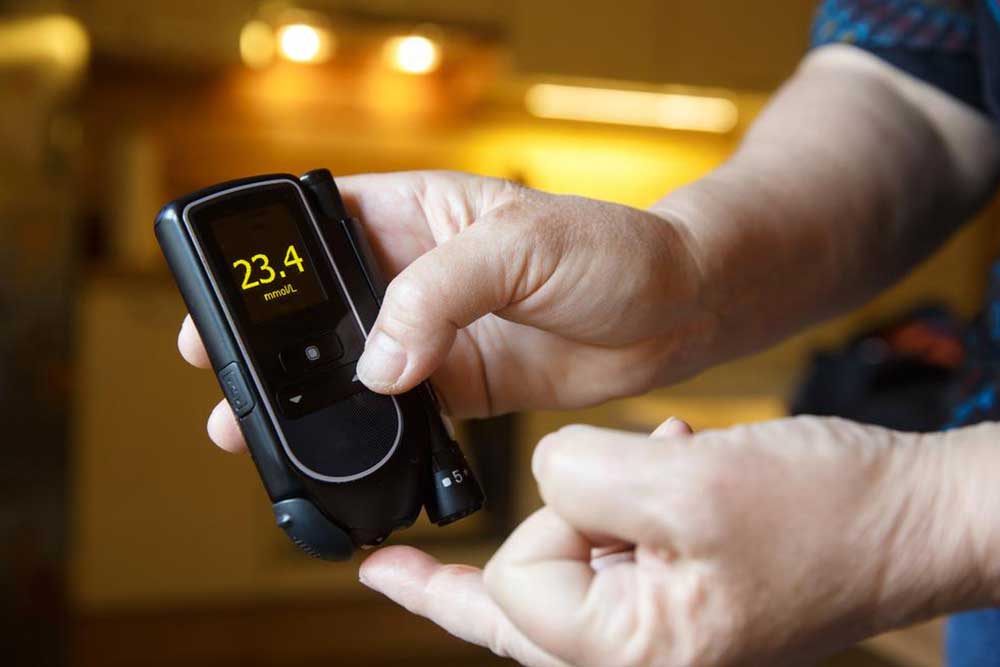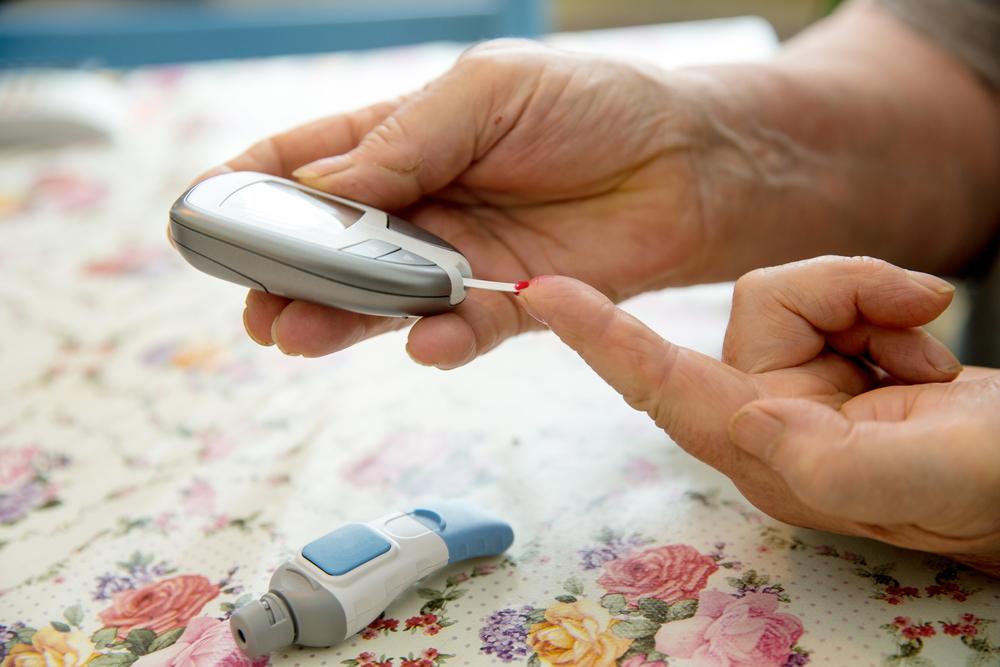Early signs of diabetes: Watch out for these symptoms
Diabetes is one of the most common health conditions in the world. There are almost 30 million people in the world who have this disease. In several cases, it goes unnoticed until the situation gets serious.
Diabetes is a condition where the blood sugar level is high because of the imbalance in the production of a hormone called insulin.
Diabetes can run in any family. However, taking simple preventive health measures like watching your diet and regular exercise can help keep diabetes at bay.

There are two types of diabetes. Type 1 diabetes occurs when the beta cells in your pancreas are killed, and so little or no insulin is produced in the body. The situation causes the sugar level to go up. Type 1 diabetes occurs in children and young adults.
Type 2 diabetes is a case where the body does not produce sufficient insulin or is unable to use it. This is the most common type of diabetes. Over 90% of the cases have this type of diabetes.
You can spot the warning signs through the early signs of diabetes. Most people ignore these early signs of diabetes and instead label these symptoms as insignificant events. In almost all medical illnesses, an early detection almost always gives you a better chance of fighting it.
Here are few early signs of diabetes that you should look out for.
Frequent urination
This symptom is also known as polyuria. Excessive and frequent urination is an early sign of diabetes that shows the increase in blood sugar. It occurs as the high amounts of sugar in the blood begins to affect the bladder leading to polyuria.
Since the kidneys are unable to handle the high glucose levels, they expel some of it through the urine. This leads to more urine production causing you to urinate more. This is a clear sign of Type 2 diabetes. You will realize that you are visiting the bathroom more often than usual and more so during the night. If you notice this, it is best to get yourself checked with the doctor before the disease progresses any further.
Increased thirst
The increased blood sugar levels cause all sorts of damage in the body. It increases the production of urine. This frequent urination will make you lose a lot of fluid from your body and lead to dehydration.
If you feel like you have a dry mouth and are thirsty very often, you need to get your blood sugar level checked. When drinking a lot of water does not help quench your thirst, it could be an early sign of diabetes.
Increase in hunger
An increase in the appetite is called polyphagia. This is due to the insulin resistance that prevents the glucose from entering the cells. The insulin does not work in the muscle, fat, pancreas, or other tissues. So now, the body starts to demand more food to compensate for the lack of glucose in the calls. This happens through an increase the insulin level, that in turn signals to the brain that the body is hungry.
Since the cells are unable to absorb the sugar they need, the body looks for more sources and so you start feeling hungry. This is a telltale early sign of diabetes.
Sudden weight loss
Since the cells are not able to get the glucose they need, you might even experience weight loss, which is one of the early sign of diabetes. Since there is excess urination, you will lose more water and even some calories. This results in weight loss as well.
Blurred vision
This is one of the early signs of diabetes that is not manageable. The high blood sugar levels even affect the eye. The fluid in the eye shifts the lens leading to blurry vision. This issue is normally rectified when the blood sugar level is normalized.
The eye has a flexible lens that is held together by muscles. They help the eye focus by changing the shape of the lens. When a person has uncontrollable Type 2 diabetes, the lens is unable to bend as required. However, the lens in itself is not damaged. The muscles supporting the lens now have to work a lot harder to focus. This is when blurred vision occurs.
This is just an early sign of diabetes that might disappear after the disease progresses. Once the muscles adapt to function in the high blood sugar environment, the blurry visions will disappear. However, that does mean not that you can ignore this symptom.
Pain and numbness in the foot
Exposure to high blood sugar for long periods of time will damage the nerves in the body. This is called diabetic neuropathy. It may be seen as an early sign of diabetes in a few and may not even appear in others.
This cause numbness or pain in the limbs. This generally starts with the feet and moves up as the condition progresses. It is most common in those who have had diabetes for several years. It can even occur in the prediabetes stage and so you should not ignore it as it can be one of the early signs of diabetes.




